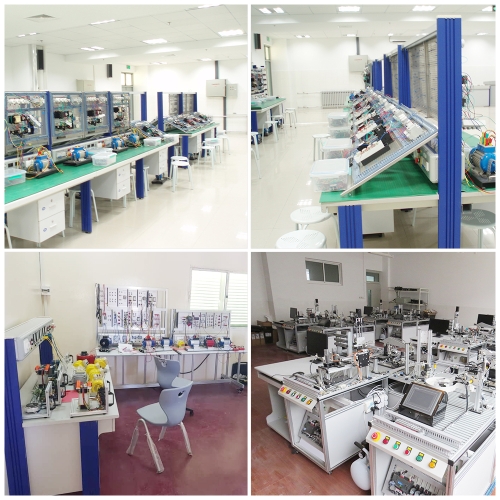AFF065 Francis Turbine Trainer Didactic Equipment Teaching Hydrodynamics Lab Equipment
Description
characteristics of a powerful Francis turbine
optimal view of the operating area of the turbine
adjustable guide vanes for setting the output
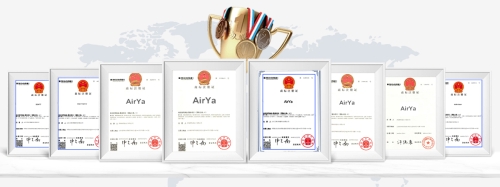
The Francis turbine belongs to the reaction turbines which convert pressure energy of the working medium into kinetic energy in the guide vanes and in the rotor. Francis turbines are used for medium heads. The turbine power is controlled by adjusting the guide vanes. In practice, Francis turbines are used in runofriver power plants and in pumped storage plants. AFF065 enables examinations of the function and operating behaviour of a Francis turbine. The dimensions of the trainer guarantee realistic measured values. The closed water circuit consists of a tank with optional cooling, a centrifugal pump and a flow control valve for adjusting the inlet pressure.
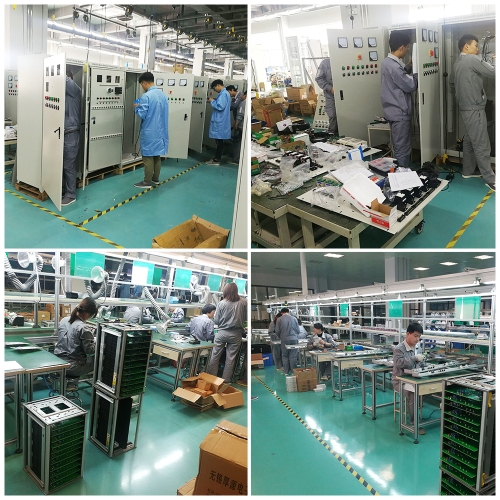
The transparent operating area of the turbine enables an optimal view of water flow, rotor and guide vanes during operation. By adjusting the guide vanes the angle of attack, the crosssection and thus the output of the turbine are changed. An asynchronous machine is used as a generator for loading the turbine. A pump with variable speed via frequency converter provides for an energy efficient operation.
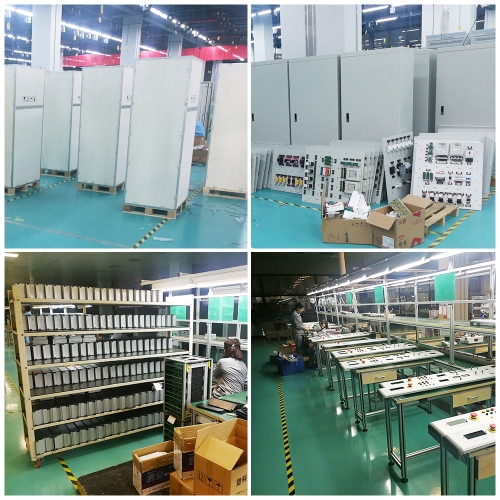
The speed of the turbine is recorded by means of an inductive, noncontact position sensor at the generator shaft. The generator is equipped with a pendulum bearing and with a force sensor to determine the torque. The pressures at the inlet and outlet of the turbine, the temperature and the flow rate are recorded by sensors. The measured values are displayed digitally and can be processed further on a PC. The output data of the examined turbine are determined and can be represented by characteristic curves.
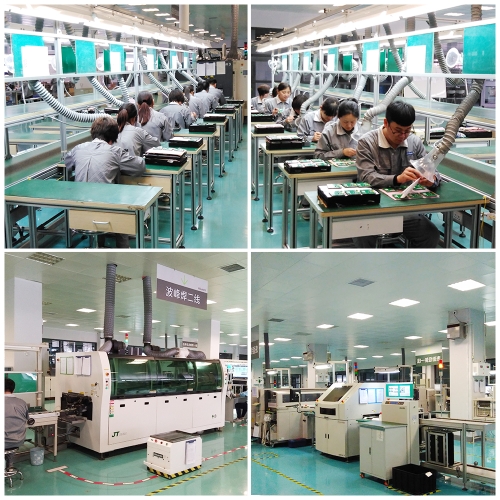
Learning objectives/experiments
investigation of the conversion of hydraulic into mechanical energy
determination of the mechanical power and hydraulic power of the turbine
determination of efficiency
recording of characteristic curves
investigation of the influence of the guide vane position
velocity triangles
